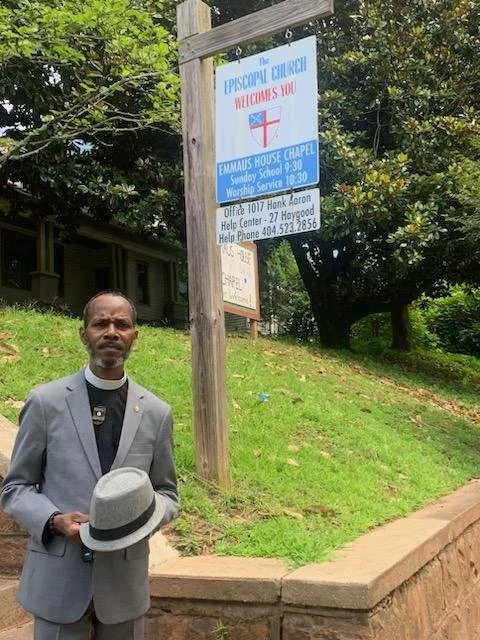In 1954, Brown v. Board of Education ruled that racial segregation in public schools was unconstitutional. However, since the 1960s, schools have once again become more and more segregated.
In the South today, 82% of Black students attend schools where students of color make up the majority. There are also disparities with respect to educational outcomes, including lower graduation rates, test scores, course completions, and more.
These educational disparities can have a lasting impact on children’s confidence and their ability to imagine different opportunities for themselves.
The Brown v. Board of Education ruling overturned the “separate but equal” policy, but unfortunately, it will take more than a single ruling to create an equitable educational system.
Miles to Go
In 2024, the Southern Education Foundation released Miles To Go: The State of Education for Black Students in America. The report examines the different educational outcomes facing white and Black students, finding that many stem from “opportunity gaps” that prevent many students of color from accessing opportunities to learn and succeed.
Some of these include low funding for school districts that serve Black students, lack of access to early childhood education, fewer opportunities for rigorous coursework (such as AP classes), Black teacher shortages, disproportionate school disciplinary practices, and, of course, the wide range of social and economic factors that continue to promote modern day segregation in the first place.
Showing Up for One Another
Advocating for equitable education policies is important. But history has shown that we can’t afford to wait for the system to fix itself.
In addition to the vital work organizations like the Southern Education Foundation is doing to advance equitable education policies, we also need to show up for one another locally, providing the support that school districts aren’t always able to.
At Emmaus House, we recognize the important role education plays in empowering children, youth, and adults to overcome challenges and change the systems around us. That’s why we prioritize educational supports like afterschool programming and the CDF Freedom School.
Click below to learn more about the strategic priorities that inform our work.



























